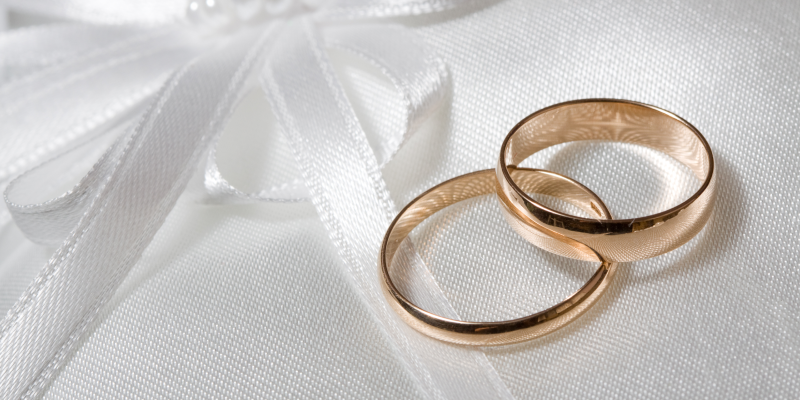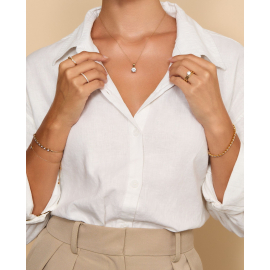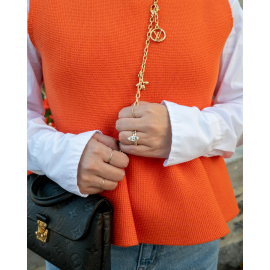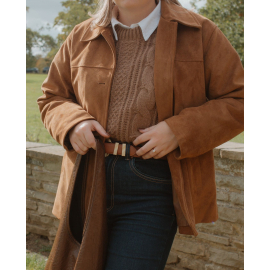Price match guarantee

We’ve teamed up with Klarna to provide flexible payment options, allowing you to shop the way you want. With Klarna, you can split your payment into 3 instalments or choose to pay later, making your shopping experience smoother and more convenient. Your order total must be between £100 and £499 to qualify.

We’ve teamed up with Klarna to provide flexible payment options, allowing you to shop the way you want. With Klarna, you can split your payment into 3 instalments or choose to pay later, making your shopping experience smoother and more convenient. Your order total must be between £100 and £499 to qualify.

September 15, 2020 | by Admin
It is law within the UK that every item of precious metal sold such as Platinum, Gold, Silver is stamped labelling the item with the type of metal it is. Platinum pieces which weigh less than 0.5 grams, 18ct Gold and Palladium pieces weighing less than 1.0 gram and Silver pieces weighing less than 7.78 grams are except from hallmark.
At Diamonds Factory all our products are hallmarked as per UK hallmarking law from London Assay Office (The GoldSmith Company)
The Goldsmiths' Company Assay Office is the oldest assay office in the United Kingdom. It has provided hallmarking services since The Goldsmiths' Company was founded in the 1300s. The company received its royal charter in 1327 and ranks 5th in order of precedence of the 12 Great Livery Companies of the City of London.
Hallmarking dates back to the 1300s when Edward I of England passed a law requiring any item made of silver, which was offered for sale, to be at least of equal quality as that of the coin of the realm (silver currency). The wardens of The Goldsmiths' Company were tasked with visiting workshops in the City of London to assay (test) silver articles. If these articles were found to be below standard they were originally destroyed and the metal forfeited to the King. If they passed, each article received the King's mark of authentication - the mark of a leopard's head. By 1478, there were several hundred workshops and merchants manufacturing silver articles in the City of London. It was not possible for the wardens to visit them all so the merchants were ordered to bring their items to Goldsmiths' Hall for testing and marking and a permanent Assay Office was established in the building. This is the origin of the term hallmark - struck with the King's mark at Goldsmiths' Hall.
In 1544 the Goldsmith's Company adopted the King's mark as their town mark and the mark of the leopard's head is now internationally recognised as the mark of this assay office.
The Goldsmiths's Company Assay Office is still based at Goldsmiths's Hall and remains the oldest company in Britain to be continually trading from the same site. However, it also has two satellite offices; at Greville Street in Hatton Garden in the heart of the London jewellery quarter and within a high security complex near London's Heathrow airport. It now has a new off-site facility within the Dalston-based jewellery manufacturer, Allied Gold. This is the first time in the Assay Office's 700 year history that it has opened permanent hallmarking services on a customer's premises.
In addition to hallmarking, the office has now expanded its range of services to support the jewellery trade and enforcement authorities. It offers a variety of specialist analytical services including nickel, lead & cadmium testing, antique silver dating, non-destructive compositional analysis, plating thickness measurement and a melt and assay service for scrap precious metal carried out in their fully independent on-site laboratory. Other services offered are a jewellery valuation service, laser marking, trading standards assistance, high quality photography and a comprehensive range of training and educational seminars, lectures and specialist events.






We all love gold jewellery but unfortunately, the jewellery you wear every day such as engagement rings or wedding rings is prone to trapping dirt easily. Gold rings are more likely to become dirty, especially if your hobbies include baking, gardening or going to the gym. The good news is that cleaning gold jewellery is relatively easy and, if you do it regularly you can maintain the sparkle and shine of your precious pieces. In this article, we discuss how to clean your gold ring in 5 steps.
How to wear gold rings safely
Prevention is the best way to keep your gold rings clean and safe. Like with all jewellery, when you are wearing plain gold or diamond rings, it is recommended to take them off before you take a shower. Do not wear your rings when you are swimming as chlorine can discolour gold and cause permanent damage to your jewellery.
It is also a good idea to take precious gold rings off before doing housework or any tasks that risk causing damage.
Cleaning gold rings in 5 easy steps:
Fill a small container with a mixture of warm water and washing up liquid.
Add your gold rings to the solution and allow them to soak for 20-30 minutes.
Use a soft toothbrush to gently brush off any dirt from your rings. If your rings have diamonds, softly brush around the prongs and behind the diamond.
Carefully rinse your rings with clean water.
Use a soft, non-abrasive cloth to gently dry your gold rings.
Polishing gold rings
If you wish to bring some extra shine back to your gold rings, you can use a soft polishing cloth that can be found at most good jewellery stores.
How to store gold rings
It is a good idea to store your gold rings separately from your other jewellery. Metals are prone to scratching one another, so it is advised to keep your plain gold rings or diamond rings in separate areas in your jewellery box or to store them in small fabric pouches.
Discover our range of beautiful gold diamond rings online or head to our metal education guide to learn everything you need to know about different precious metals.